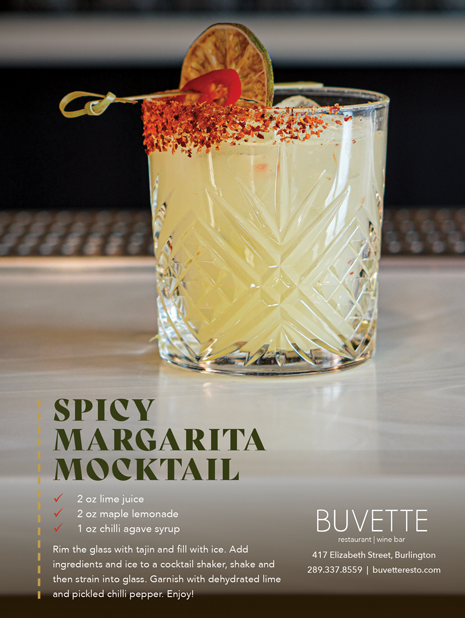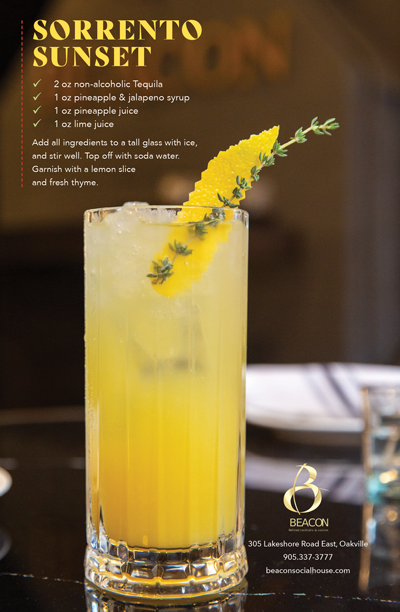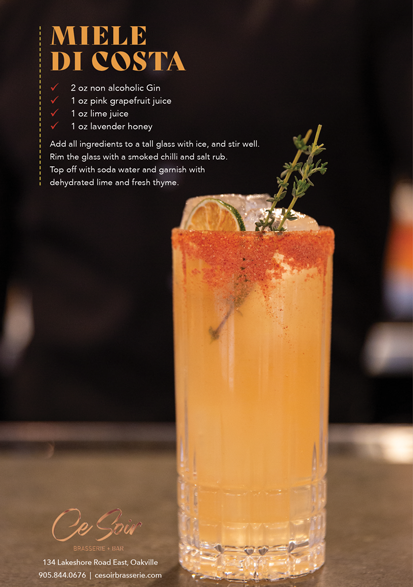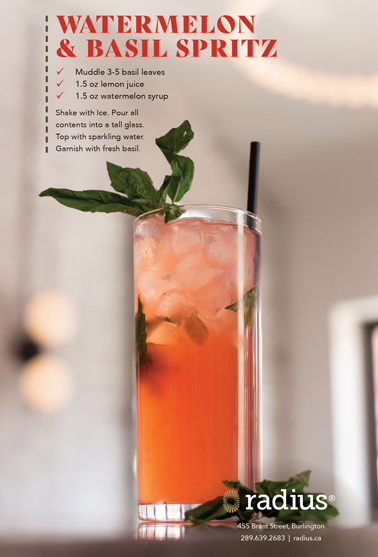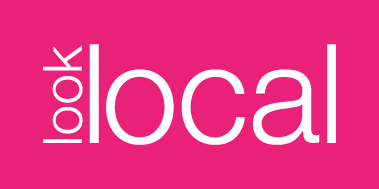When I announced my intention to quit drinking alcohol in 2018, reactions from friends and family ranged from disbelief to disappointment. Sure, I drank wine most nights and suffered a periodic two-day hangover, but they wondered why I had to shun spirits completely. My motivation to boost my health and silence the nightly debate in my head over to drink or not to drink seemed dubious. Many of my wine-drinking friends were downright alarmed to be losing one of their own to a sobriety movement that, at the time, was barely a crawl. In short, it took tremendous effort, and little outside support, to stick to my commitment.
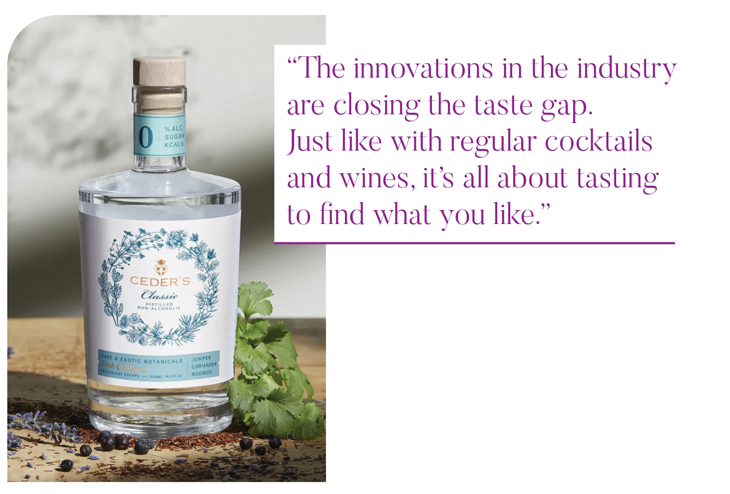
Today, the zero-alcohol lifestyle has seeped into the mainstream in ways I could never have imagined in 2018. Going dry is much easier to swallow thanks to a marketplace saturated with booze-free beverages and a growing chorus of teetotalers singing the praises of sobriety.
The trend likely got its biggest boost when new research indicated that the ideal amount of alcohol was, in fact, zero. In January 2023, the World Health Organization stated, “there is no safe amount that does not affect health.” And to the chagrin of beer guzzlers and wine aficionados everywhere, Canada updated its guidelines on alcohol consumption to a maximum of two drinks per week – a small fraction of its previous limit of 15 drinks for men and 10 for women.
But are Canadians actually drinking less? The evidence points to yes. According to Statistics Canada, national sales of alcohol declined by 1.2 per cent in 2021/22 – the first decline since 2013/14 and the largest drop in over a decade.
Chantal Ingram, owner of downtown Oakville’s cocktail and entertaining supply shop, Flourish and Bask, has noticed the change. “My shop was open for ‘Dry January’ in 2022, and alcohol-free was still a new market for Canadians. There was still a stigma to not drinking,” she says. “Dry January 2024 was a much bigger deal. Not only did the media take hold of the topic, the market blew up. Customers this year were much better informed. They’d done their research and came into the shop knowing brands.”
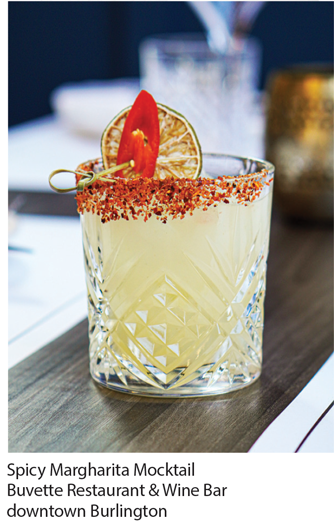
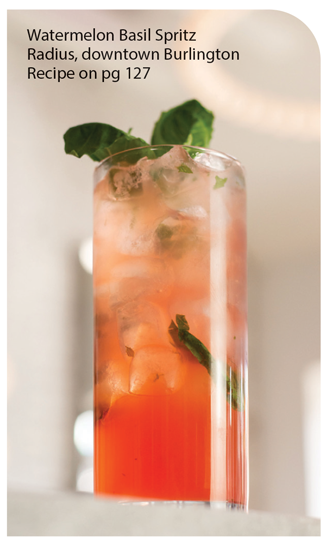
If you’re considering ditching the drink, there’s no need to wait until January. Whether you’re planning a dry month or permanent sobriety or simply want to cut back on your alcohol consumption, here are some tips to help you stick to your commitment this spring.
Soak in the experience, not the buzz
I had been an enthusiastic wine drinker when I quit drinking. To resist the temptation to uncork, I leaned into the parts of the experience that were not off-limits, such as drinking from a wine glass. I swapped Sauvignon Blanc for bubbly alternatives (think: kombucha or flavoured sparkling water), and continue the habit even today. The proliferation of alcohol-free beers and wines make it even easier. Believe it, or not, the desire for the buzz wears off over time.
Adjust your taste buds
Keep an open mind when switching to the zero-alcohol options. “Alcohol-free beverages can have a bit of a learning curve. You need to understand that many of them are not 100 per cent replicas of your favourites, but they’re awfully close,” says Ingram. “The innovations in the industry are closing the taste gap. Just like with regular cocktails and wines, it’s all about tasting to find what you like.”
Go fresh and healthy
While the spirit tends to be the star ingredient in a cocktail, mocktails invite you to get more creative. Rethink the cocktail completely and ditch the high sugar sodas in favour of natural ingredients to create healthier concoctions. Take inspiration from the many restaurants now catering to the sober crowd with zero proof elixirs featuring fresh fruit and herbs.
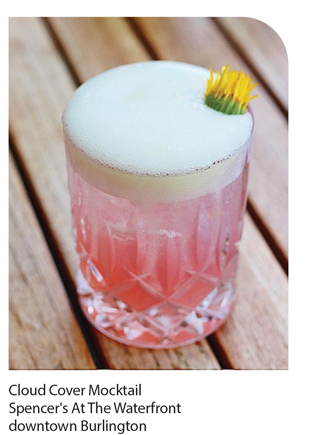
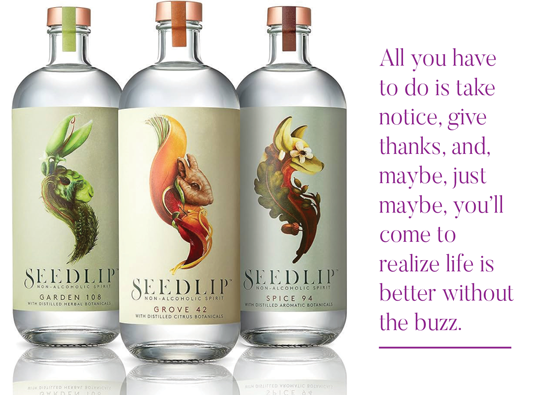
Focus on the gains
Giving anything up can feel like a sacrifice, but it doesn’t have to be that way. Yes, you’re giving up shooters with friends tonight, but while they’re waking with pounding heads, you’ll be halfway through your morning workout and hitting IG with a #soberissexy selfie. In fact, the longer I went without alcohol, the greater the benefits, from a clearer complexion to a sharper mind, greater productivity to a happier outlook. It doesn’t take much to realize the gains outweigh the losses. All you have to do is take notice, give thanks, and, maybe, just maybe, you’ll come to realize life is better without
the buzz.
